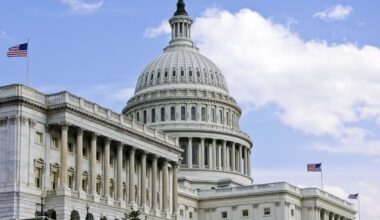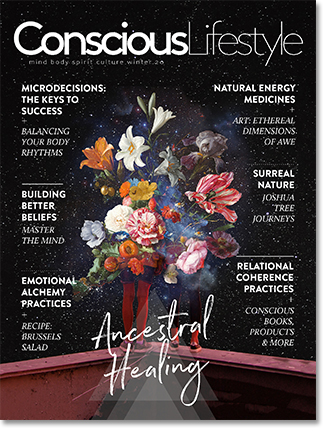[ad_1]
California’s attorney general argued in a recent court filing that none of the state’s cannabis businesses operating on provisional licenses are entitled to due process under state law.
The due-process situation arose when Hayward-based Harrens Lab filed suit against the California Bureau of Cannabis Control (BCC) after the agency revoked the lab’s provisional business license last month.
The lab argued it was entitled to an appeals hearing to dispute the charges that led to the revocation.
In a response to that suit, California Attorney General Xavier Becerra argued on behalf of the BCC that none of the companies operating on provisional licenses have any right to due process because those same permits were designed to be temporary while businesses awaited a decision about their annual license applications.
The provisional licenses stem from a stopgap program, established in 2018, that was designed to give California marijuana businesses and regulators more time to streamline the licensing process while keeping the industry functioning.
Roughly 75% of the legal California market is still operating on provisional licenses, according to industry estimates, and not full annual licenses.
In his filing, Becerra wrote that Harrens Lab claims “that their right to a hearing prior to revocation of their provisional cannabis license finds support under the due process clause of the California Constitution.
“They are mistaken.”
Rather, Becerra noted, provisional licenses cease to exist once any determination – whether approval or rejection – is made about the fate of the annual license application, which means any provisional licensee is not entitled to the same rights as a business with a full annual permit.
“It is not reasonable to expect that a provisional license confers any permanent entitlement,” Becerra wrote.
“Any subjective unilateral belief Petitioners had about the nature of their rights under a provisional license is not supported in statute and unreasonable.”
– John Schroyer
[ad_2]
Source link
Medical Disclaimer:
The information provided in these blog posts is intended for general informational and educational purposes only. It is not a substitute for professional medical advice, diagnosis, or treatment. Always seek the advice of your physician or other qualified healthcare provider with any questions you may have regarding a medical condition. The use of any information provided in these blog posts is solely at your own risk. The authors and the website do not recommend or endorse any specific products, treatments, or procedures mentioned. Reliance on any information in these blog posts is solely at your own discretion.







